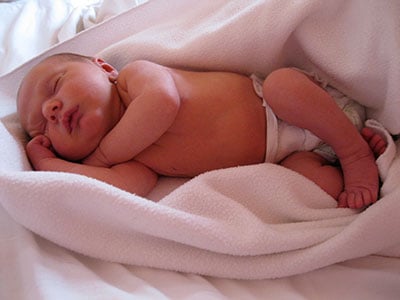Feeding Infants in Emergencies
Infant Feeding in Emergencies: A Global Crisis
By Carole Dobrich, RN, IBCLC
©2016, Carole Dobrich. Original submitted in partial fulfillment of the requirements for the degree of Bachelor of Science Maternal Child Health: Human Lactation, Union Institute & University, Cincinnati, Ohio
Abstract
The crisis of human displacement due to war, environmental emergencies, and natural disasters have become far more frequent in the past few decades. The burden of these catastrophes is not only monetary, it also carries a heavy human cost. The health crisis brought about by the devastation increases the morbidity and mortality rate exponentially. When access to food supplies and safe water are scarce the most vulnerable, newborns, infants, and young children are at greatest risk. Free donations of commercially manufactured Infant Milk (CMIM) and an unsafe water supply, can lead to disaster, and death. Education about breastfeeding, and safe preparation of CMIM is needed for both volunteers, and health care professionals. Breastfeeding and breastmilk provide critical nutrients and immune protection. It is a lifesaving practice in emergency situations.


 Neonatal hypoglycemia is one of the most common reasons for infant admission to the Neonatal Intensive Care Unit (NICU). Over the past five to ten years, the long-standing guidelines for hypoglycemia and its treatment have been shown to be flawed and not research based. Threshold values relating to pathologic hypoglycemia have not been consistent, and interventions showed a wide range of disparities.
Neonatal hypoglycemia is one of the most common reasons for infant admission to the Neonatal Intensive Care Unit (NICU). Over the past five to ten years, the long-standing guidelines for hypoglycemia and its treatment have been shown to be flawed and not research based. Threshold values relating to pathologic hypoglycemia have not been consistent, and interventions showed a wide range of disparities.